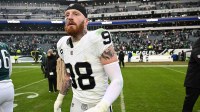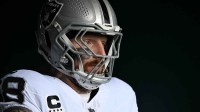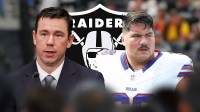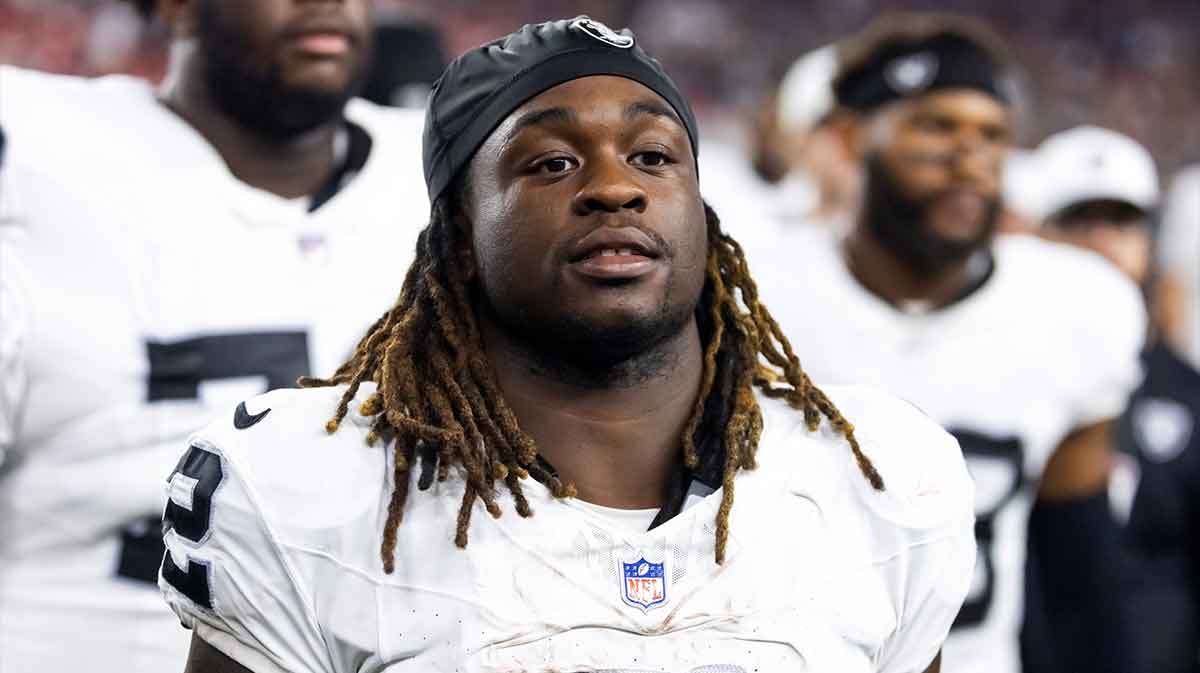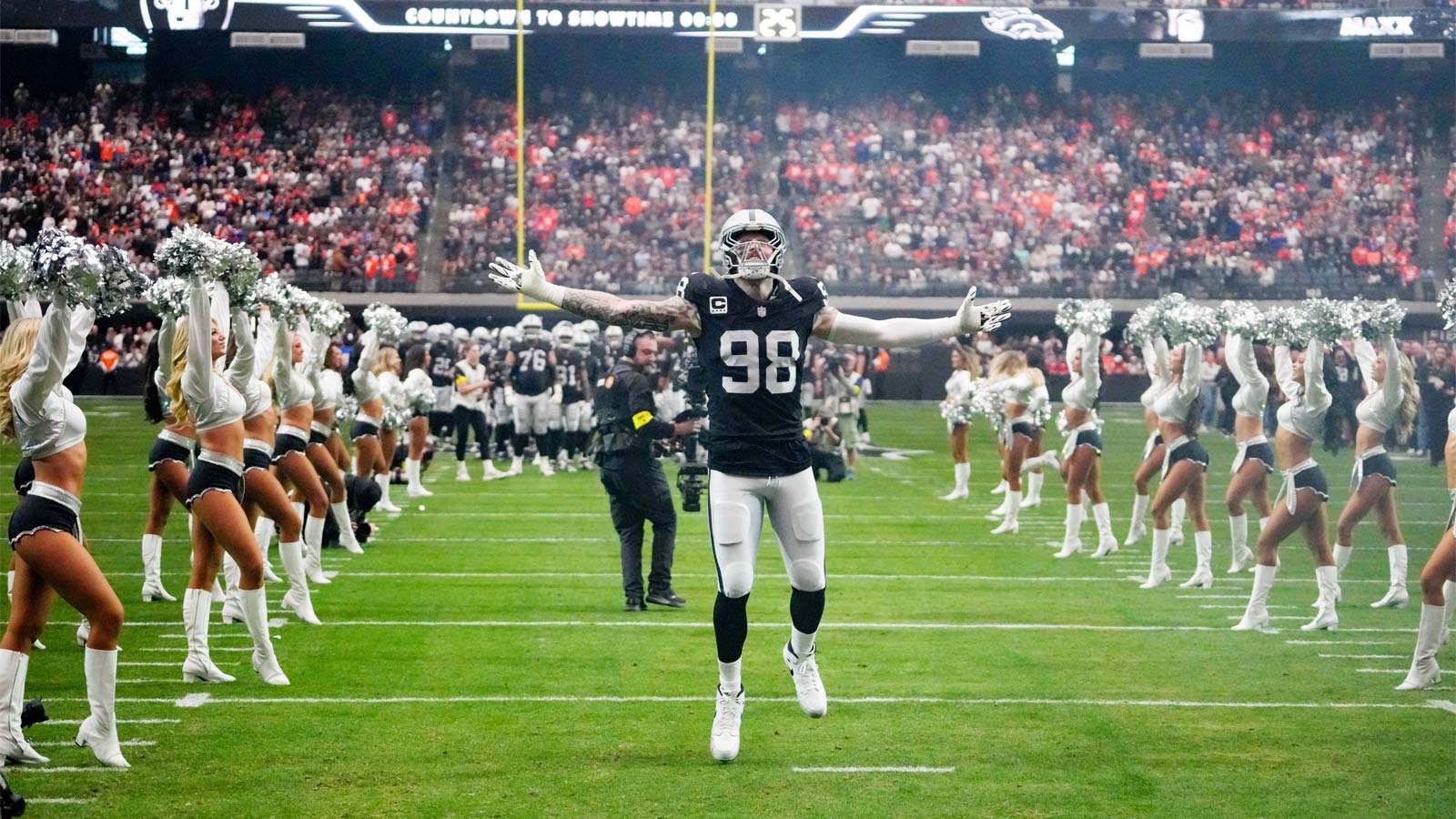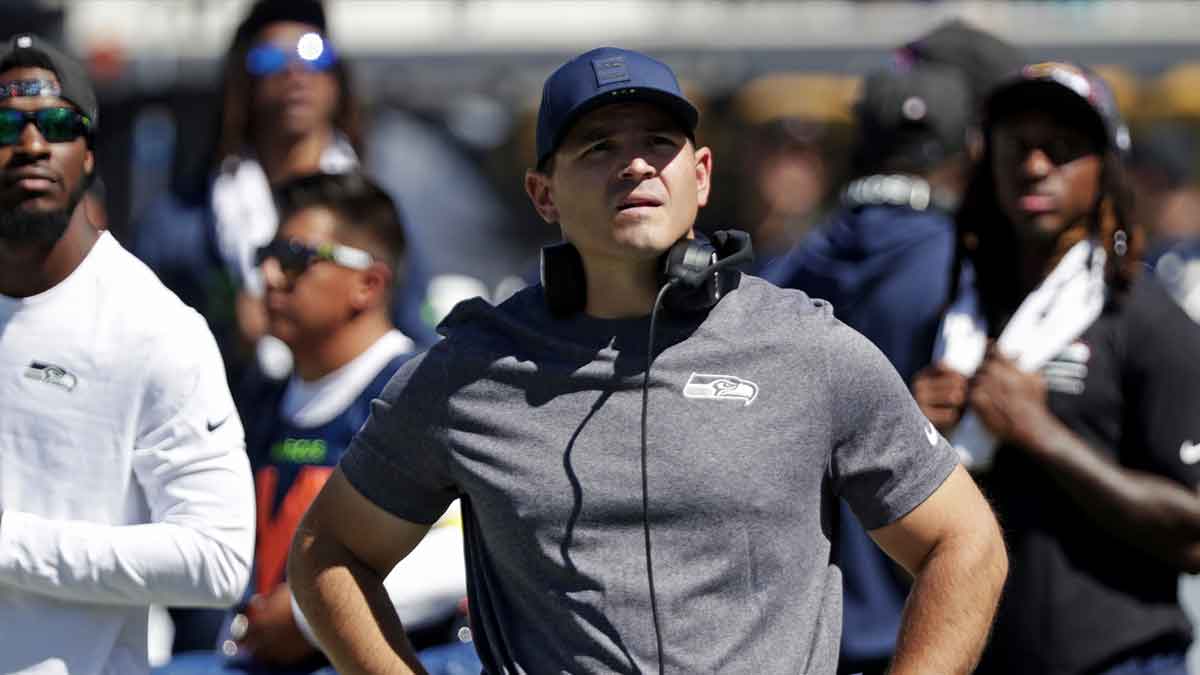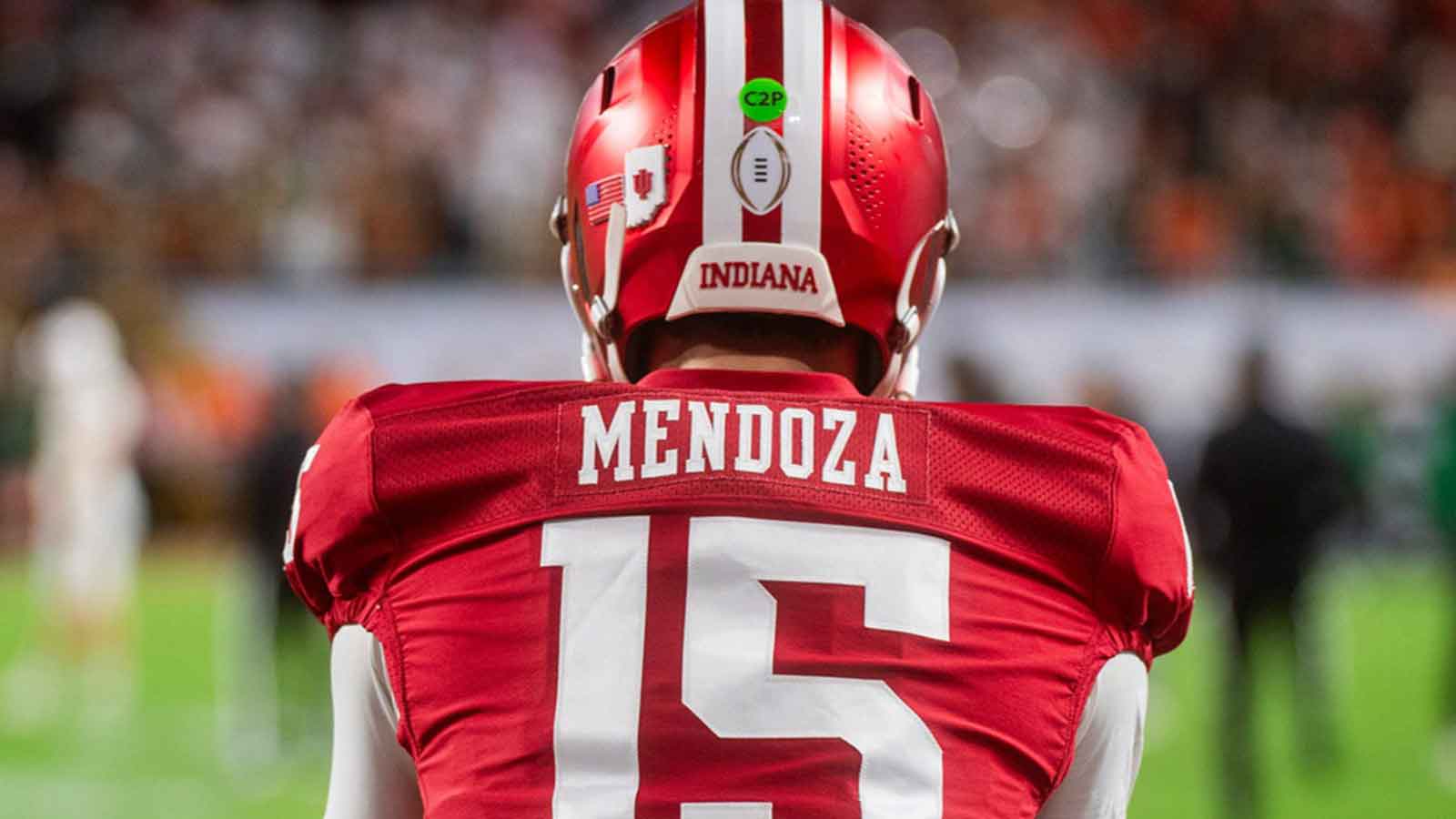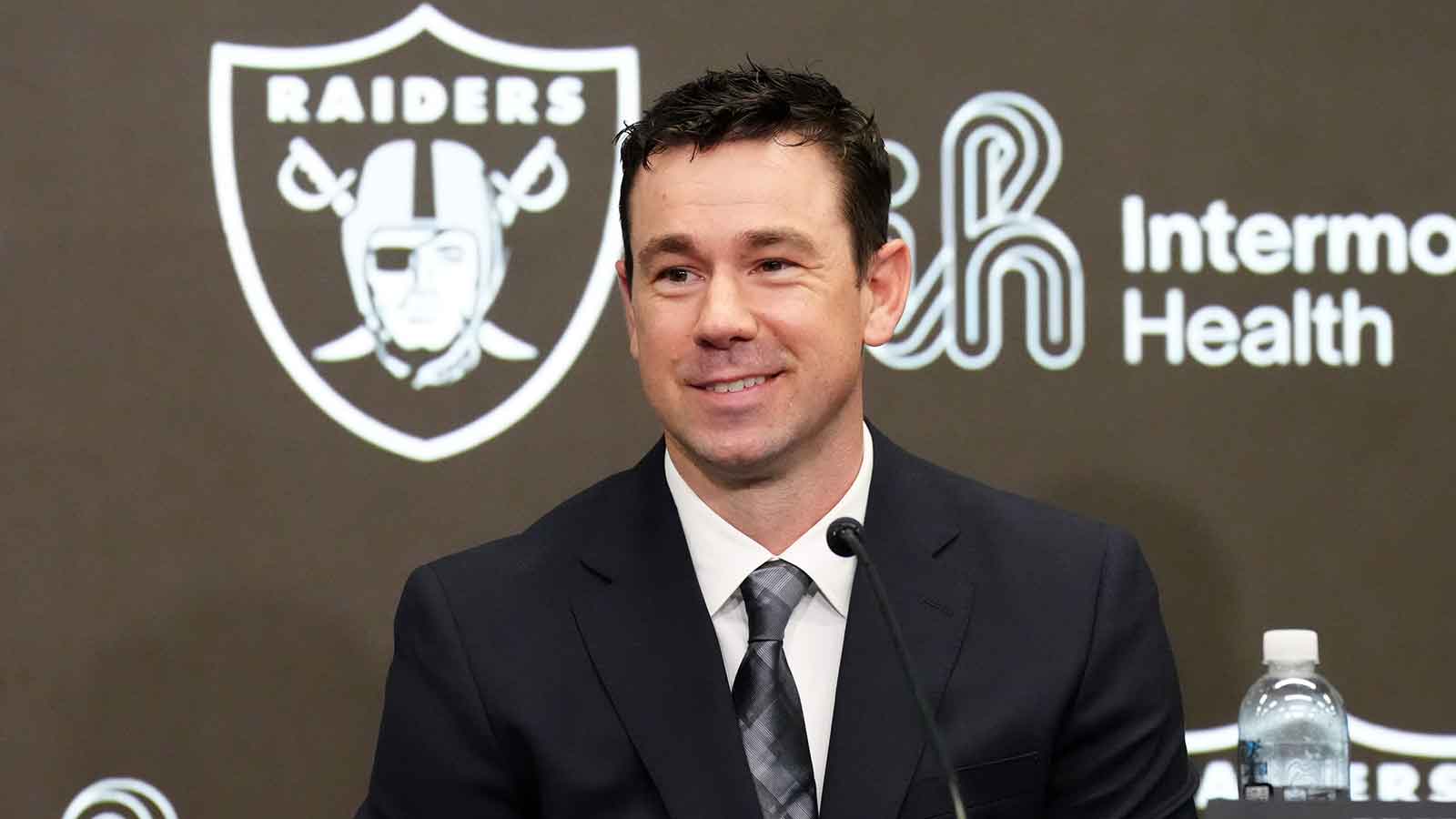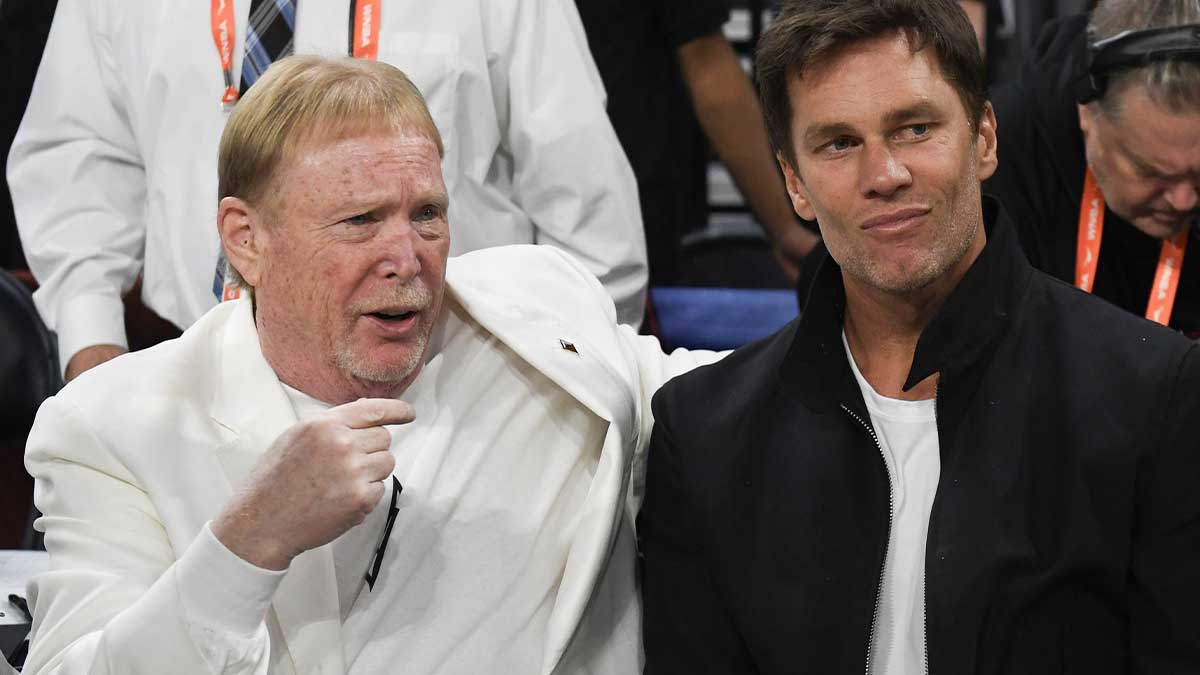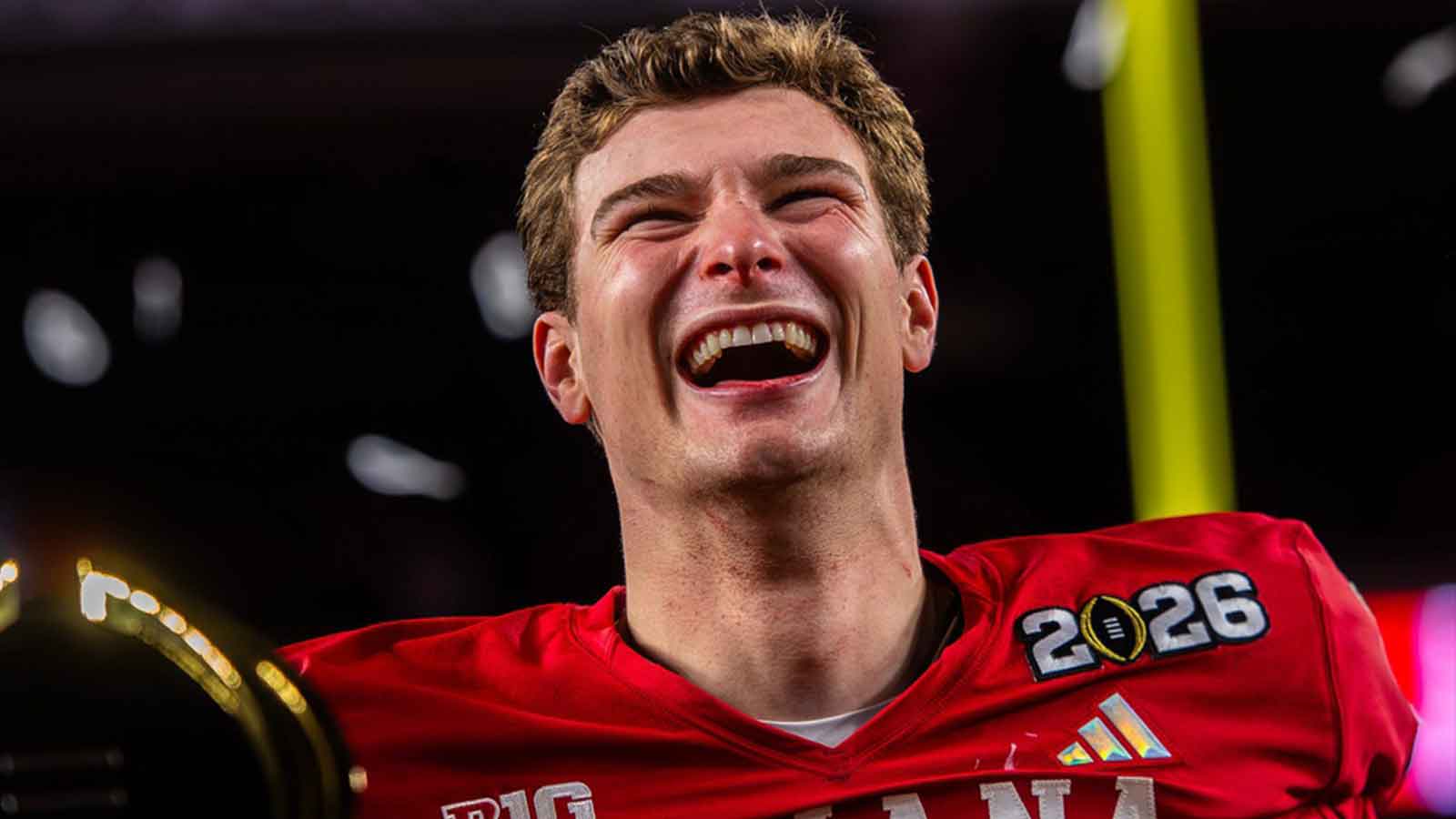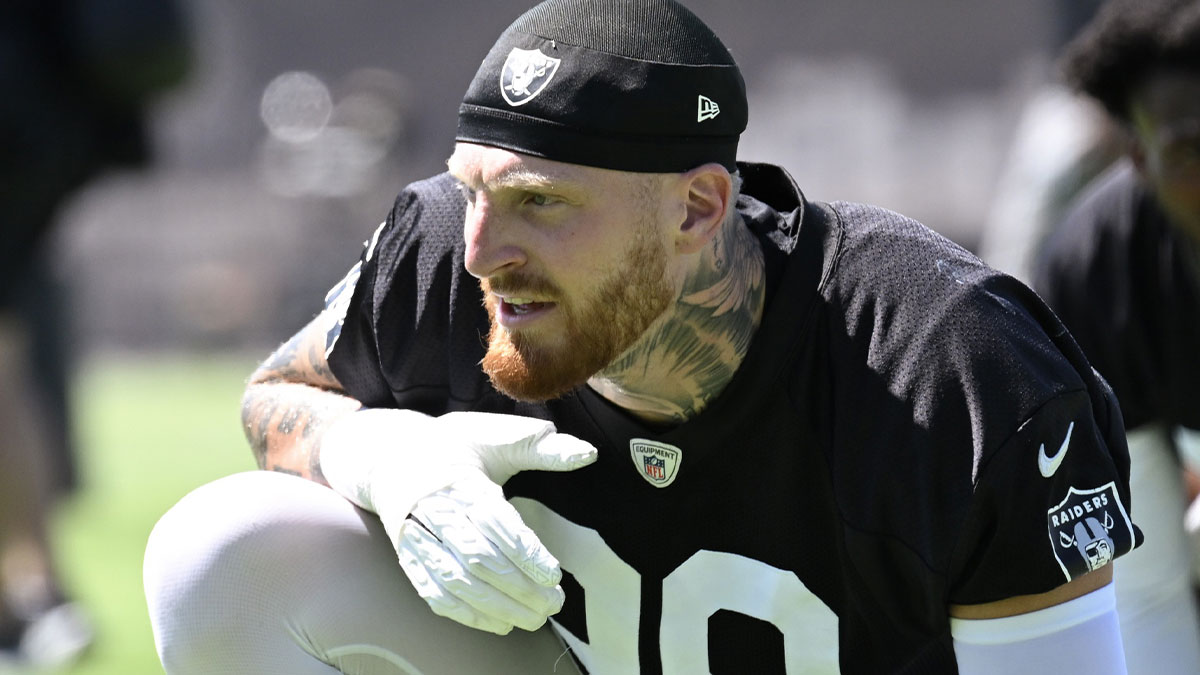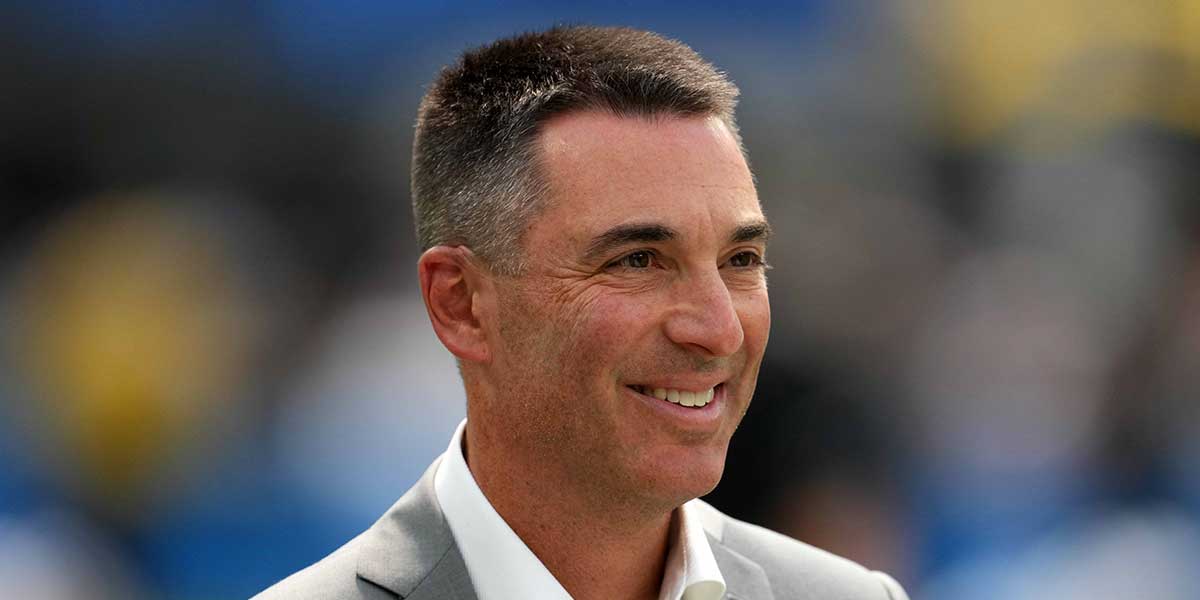When the Oakland Raiders shipped a disgruntled receiver in Amari Cooper to the Dallas Cowboys in exchange for a first-round pick before the NFL trade deadline, the NFL world hailed Jon Gruden as a genius.
However, now that his player has 642 yards, six touchdowns, and has brought the Cowboys back to divisional relevance in just seven games in Texas, the deal has turned out to be a bargain for Jerry Jones and another major folly on the part of the Raiders, who also botched the Khalil Mack trade.
Though this trade turned the previously mediocre Cowboys into the NFC East's best, it also provided new significance to the NFL trade deadline itself.
In the past, the trade deadline has been used by competitive teams seeking pieces to elevate them above the competition. That wasn't the case with Cooper and Dallas.
The Cowboys started 3-4, but they still decided to risk a key to the future, their 2019 first-round pick, for a struggling star at a position of need. The pick looked like it was going to be in the top 10 or 15 at the time. It was an unprecedented gamble at that stage of the season, but one that has now paid dividends.
Dallas needed a top target with the departures of Jason Witten and Dez Bryant. Cooper was always an electric talent, but for much of last season and the beginning of this season, the stat sheet didn't show it. Oakland was seeking a first rounder for Cooper, a player who wasn't performing to his potential, for some time, and Dallas delivered.
America's team has reeled off five wins in seven games since Cooper came to town, bringing them to 8-6. There is a strong argument that the acquisition of Cooper single-handedly took the Cowboys to where they are now.
Started with Mack

The deal has laid the framework for teams that are not necessarily in immediate contention for a playoff spot to strike deals at the deadline. Arguably, the Khalil Mack deal started the whole thing, even though that deal happened before the season kicked off.
The Bears were expected to finish near the bottom of the division with Aaron Rodgers' Green Bay Packers and the NFC runner-up Minnesota Vikings running the show. With Mack leading a suddenly elite defense, the Bears are not only atop the division, but they are still in play for a first-round bye.
All of the sudden, the NFL trade deadline involves more than just complimentary pieces for a winning team. It involves full-fledged stars that can give life to a franchise and their fans.
There's only one recent trade across the major professional sports comparable to these deals: the Houston Rockets' acquisition of James Harden from the Oklahoma City Thunder. It took the Rockets from Western Conference bottom-feeder to perennial title contender in the blink of an eye.
Evidently, draft picks have fallen behind a team's desire to win immediately. Neither the Cowboys or Bears were willing to watch a losing season to get young talent for the future. They wanted to win immediately.
The truth is, nobody wants to lose. The four worst teams in the NFL, currently the Jets, Cardinals, Raiders and 49ers, have all won a game in December. If they were attempting to tank, they wouldn't be gunning for the win column with draft seeding on the line.
With the Amari Cooper trade coming about a third of the way through the season, it proves that teams will do whatever they can to win immediately, and that trades aren't just for good teams adding complementary pieces. Teams that are not competing are willing to mortgage their future to become immediate competitors. Moreover, Dallas and Chicago both showed that mortgaging the future to become a contender now can achieve the desired purpose.
However, what differentiates the two deals was the timing. Chicago had ample time to integrate Mack into the system, as he appeared in Week 1 for the Bears. Dallas was seven games into their schedule when they acquired Cooper, sitting two games behind the rival Redskins in the division. Their ability to immediately contend the second he showed up put to bed the notion that all players must be eased into the game plan. He essentially became the game plan.
A new era for the trade deadline

Contract disputes essentially caused the Raiders to rid of Mack and Cooper, as Cooper would've been due a raise at season's end. Imagine if the Rams traded Aaron Donald when he held out or if the Steelers dealt Le'Veon Bell.
This wasn't just Oakland's doing; it's a trend that's beginning to stick. If a team isn't willing to pay a star player, they'll get far move value trading them while they're still under contract opposed to letting them walk and possibly getting a compensatory pick.
The gargantuan risks of selling top talent for draft picks, for any reason, was brought to light with both of these deals. Next season and beyond, expect subpar teams to explore the trade market for ways to compete immediately. Don't expect any teams to roll over, accept defeat, and wait for draft day to turn the tide.



